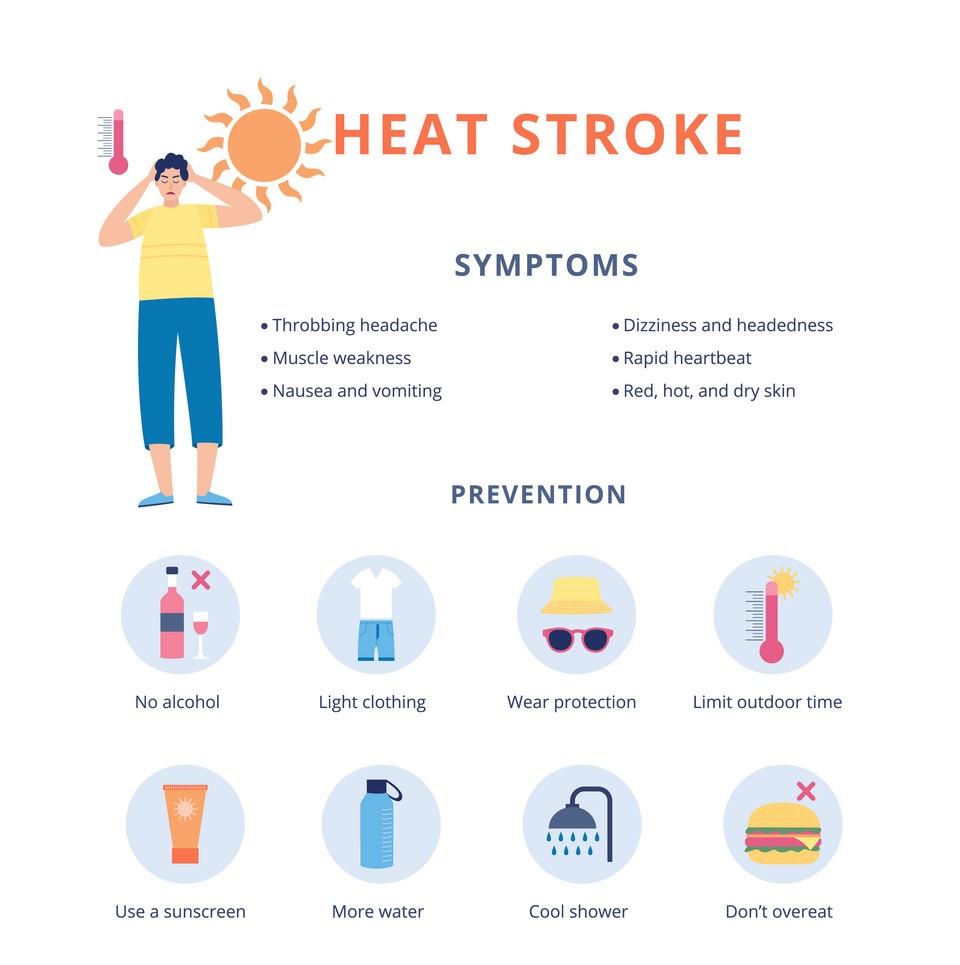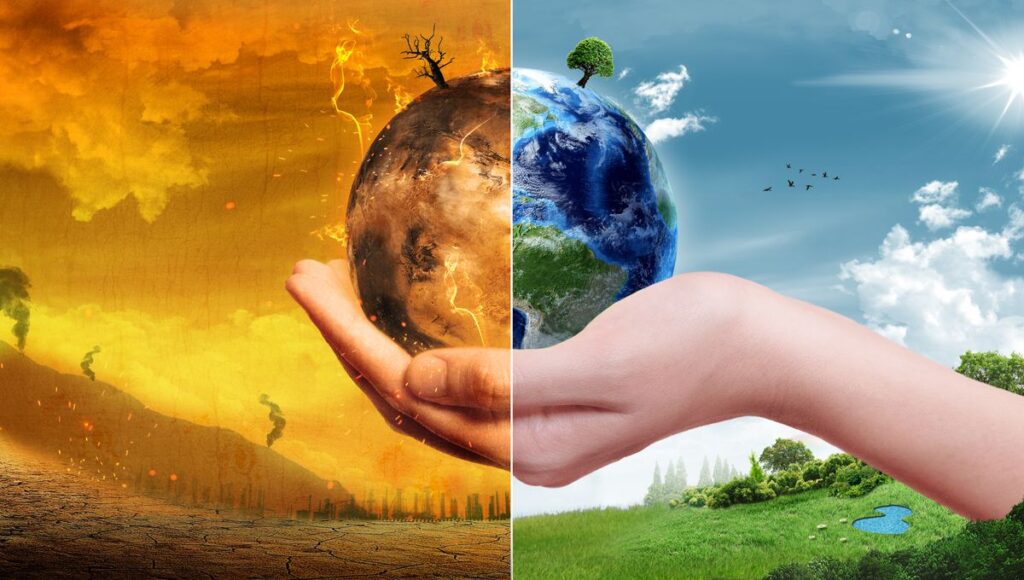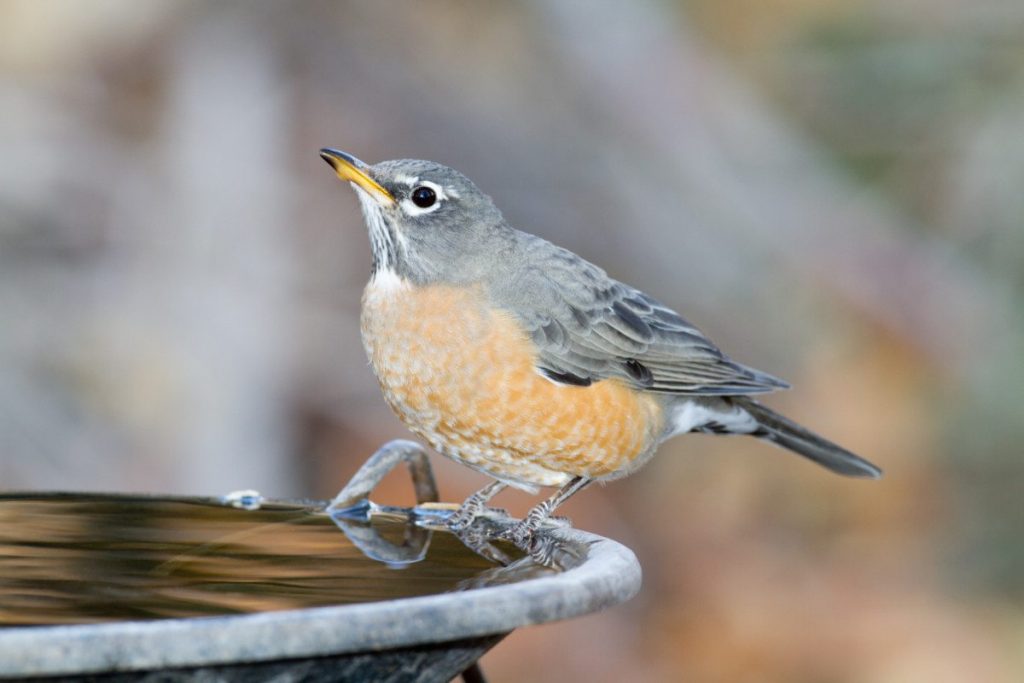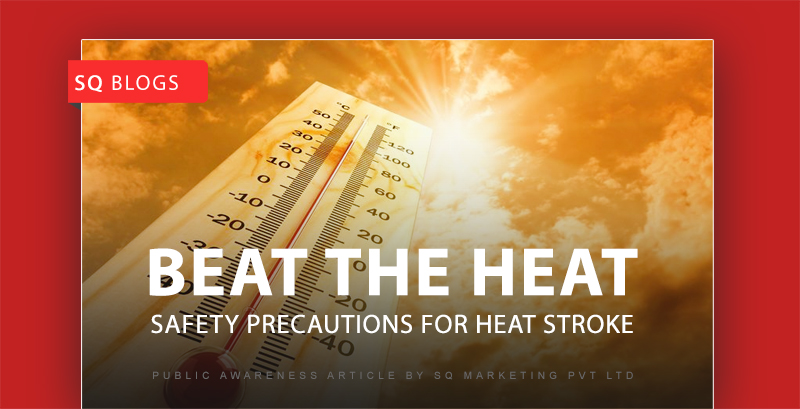Heatwaves in Pakistan have become a common marvel during summers. With the predominance of global warming, the climate of the world has radically changed over the years leading to worrisome natural disasters. For this reason, heat wave in Pakistan has been a thoughtful climate crisis.
During the 2015 Pakistan heat wave, where the temperatures crested as high as 49 °C and the heat wave in Karachi let alone saw the tragic demise of 2,000 plus people due to severe dehydration and heat strokes. Be that as it may, not at all like other climate catastrophes, meteorologists can anticipate when a spell of a heatwave is likely to require put and warn the open to require safety measures in like manner.
The sad reality is that the severity of the temperature is on the rise. Many people take these summer heatwaves lightly which results in sudden health deterioration that can become a lifelong ailment. Children and the elderly, are the most susceptible to heat strokes, however, people, especially the laborers, get affected by the extreme heat due to staying exposed to the heat and intense humidity of the atmosphere.

What are the Symptoms of a Heat Stroke?
A heat stroke occurs when a person’s body temperature rises rapidly causing the sweating mechanism to fail and the body becomes unable to cool down naturally. Identifying if a person is having a heat stroke can save their lives.
Here are the heat stroke symptoms you must know:
- Severely high body temperature
- Dry and hot skin
- Confused and mental fuzziness
- Seizures
- Vomiting and Nausea
- A hot and burning skin
What to Do During a Heatwave?
Following heat wave safety tips is the main step to avoiding a heat strokes, however, there is truth in the statement that precaution is better than cure. So, in order to stay safe during heatwave warnings in Pakistan, follow these heat wave safety checklist.
- Make sure to drink plenty of water throughout the day and encourage everyone around as well. Don’t wait till you’re thirsty.
- Stay indoors and if possible try to stay in an air-conditioned room.
- Don’t leave your kids or your pets in a hot car
- Wear loose fitting clothes
- When outside make sure to cover your head with a hat or a cap
- Try your best to stay out of direct sunlight
- Have proper meals with adequate water intake as this helps to maintain electrolytes and replace salt lost in sweating
- Cover your windows with shades or drapes
- Try using oven or stove less
- Schedule outdoor work in the evening.
- Rest in shady places.
How Does Climate Change Cause Heat Wave?
It has been proclaimed that Global warming makes heat waves worse and sadly it’s true. Global warming actually affects how hot the heatwaves get, how often they occur and how long they last.

Not only does climate change make heat waves more extreme but also more frequent resulting in fatalities annually due to heat-related illness.
How are Heat Waves Formed?
Heat waves can form when a system of high atmospheric pressure moves into a region.
This system forcefully can move the air downward acting like a cap which keeps the cool air near the surface from rising. Generally, heat waves are forms as a result of trapped air. Heat waves usually last for two or more days.
Therefore, it is super important to ensure to follow heat wave safety tips and take heat wave precautions for not just yourself and your loved ones as well.

With the prediction of heat waves in Pakistan in 2022 to be gripping major parts of the country, make sure to follow heatwave warnings seriously to avoid getting a heat stroke and take care of yourself, your loved ones and specially the birds and animals.



2 comments
Farhan Ali Agha
Hi,
This is very informative blog about heat wave. Good work SQ group
Atif Abbasi
very helpful details, keep it up good work.